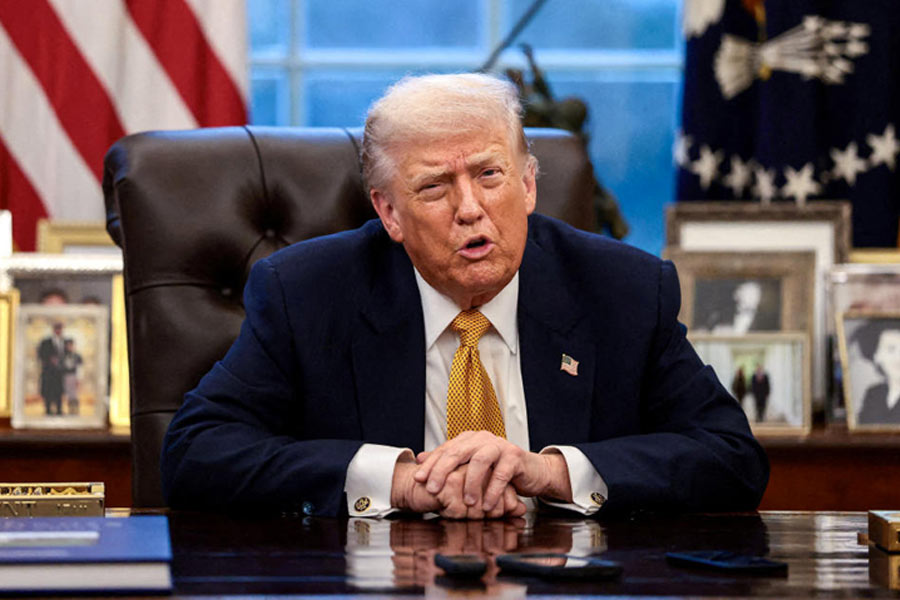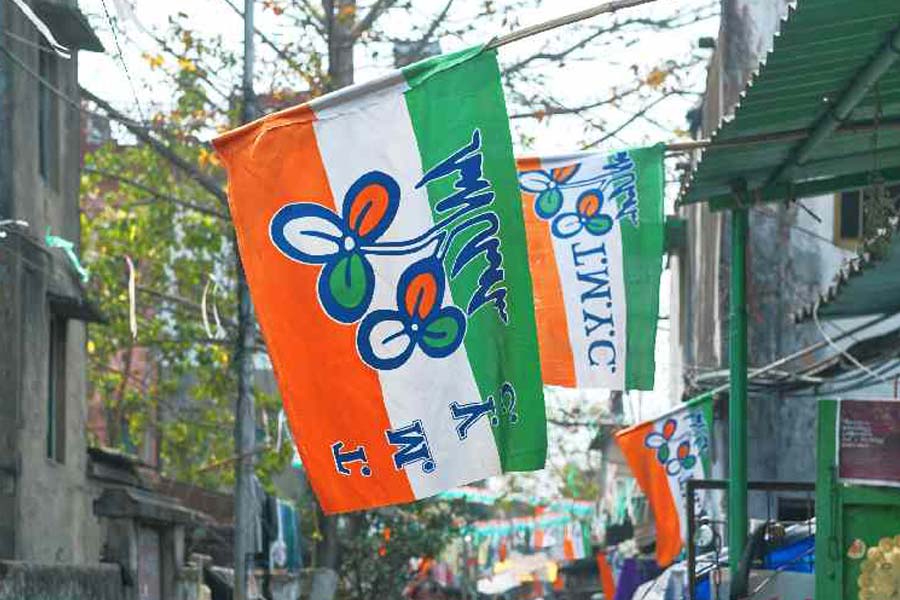Jorhat, July 29: Englishman Robert Bruce is credited with discovering tea in Assam in 1823. This year, the backbone of Assamese industry is all set to pay a grand tribute to the person who found extraordinary value in an ordinary plant which grew wild in the woods of this region.
Come November, at least one descendant of Robert Bruce will grace the second tea tourism festival, to be held at the sprawling Gymkhana Club here, as the guest of honour.
The first festival was held at the same venue three years back where a descendant of Bisa Gam, the tribal who offered Bruce the ?first cuppa?, was felicitated.
?We are definitely trying to invite here one of the descendants of the man who has contributed perhaps the most to Assam,? said Jorhat deputy commissioner J.S. Rao.
He said apart from a family member of Robert Bruce, a host of other foreign dignitaries connected to the tea industry would be invited to take part in the three-day festival.
A meeting in this connection was held recently. Members of all the major tea associations of Assam attended it. State commissioner-cum-secretary for tourism, S.C. Panda, chaired the meeting.
According to legend, Bisa Gam, a tribal chieftain in Upper Assam, added a few leaves of tea to a cup of hot water and offered it to the thirsty Englishman. Robert Bruce liked the taste and sent a sample of the wild plant to his brother Charles, who was working at the Botanical Survey of India in Calcutta, to confirm whether the plant was indeed tea. It was already a popular beverage in China at that time.
On May 8, 1838, 350 pounds of Assam tea were despatched to London and sold at India House there on January 10, 1839.
Those who drank the tea were quite impressed with it, and that is how the tea industry in Assam was born.
It was then that Charles Bruce and others, including Maniram Dewan, the first Assamese planter, began clearing the jungles and establishing tea estates.
The deputy commissioner said the main aim of the festival is to popularise tourism in this part of the country through tea.
?We will make arrangements for tourists to stay in bungalows of tea garden executives so that they get a feel of actual life in a tea garden,? Rao said.
Rao said package tours would also be planned out properly, spanning Majuli, Sivasagar (the ancient Ahom capital) and the Kaziranga National Park. ?We will make sure that tourists will find more than tea during their visit to the festival,? he said.
The sprawling Gymkhana Club, with its famous golf course and swimming pool, would be the ideal venue for the festival, with tourists experiencing how life was during the British Raj, the official said.
?Cultural functions, including dances and songs by various ethnic tribes of the region, would be another attraction during the festival days,? Rao said.










